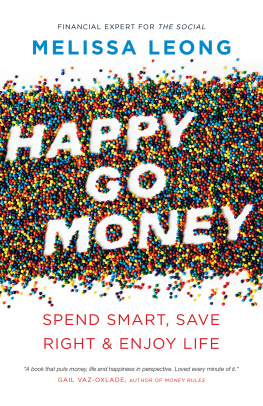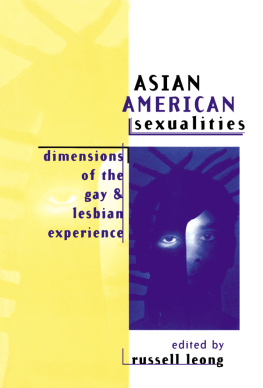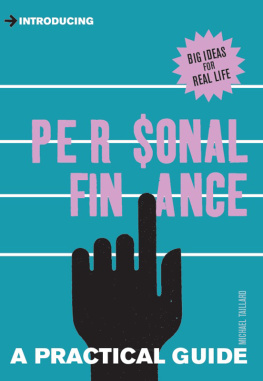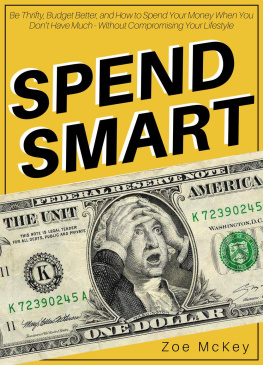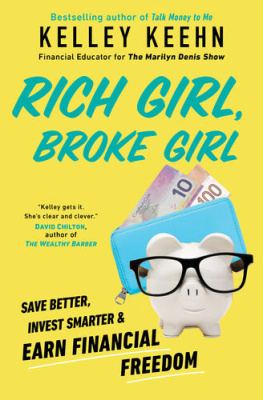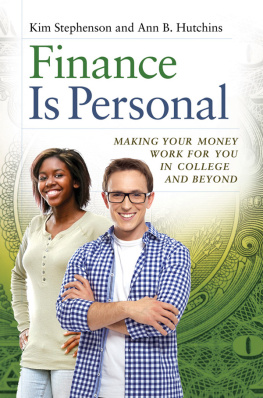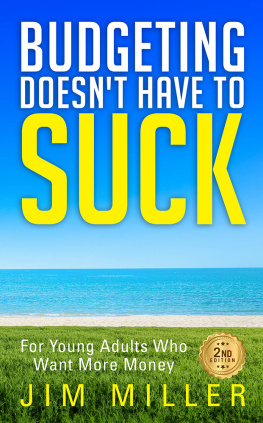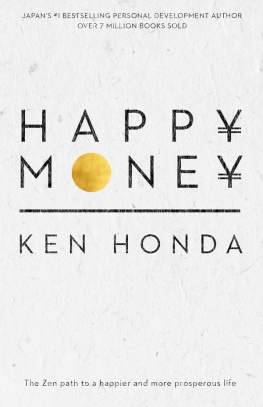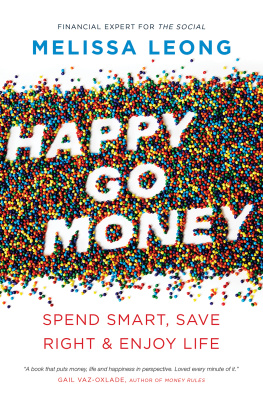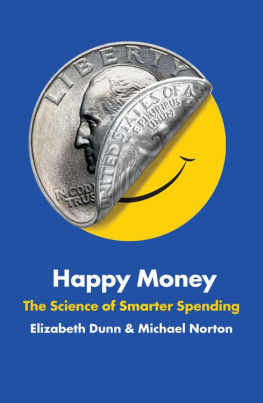Dumplings. Spinach cake. The psych ward.
Sounds like the plot for a cooking show gone wrong, but each represents a period in my life that showed me the connection between happiness and money.
The first was when I was 29, and I was working as a crime reporter for a national newspaper. I hated covering crime so much that I fled the country. I took a three-month sabbatical and accepted a university scholarship to study in Taiwan with a small monthly allowance to cover food and rent. Once there, I lived out of a suitcase and shared a 200-square-foot underground apartment with a pack of cockroaches who kept me up at night, rustling plastic bags and flinging their crunchy bodies against the walls. My bank account, every month, was a ticker clicking from $1,000 to zero, and my new friends would join me in counting down like it was New Years Eve.
That was one of the happiest times in my life.
Every day, I would wander, hike, study and eat. I gained the requisite freshman 15. If I saw a lineup at a food stall or restaurant, Id just join it. And as long as the food didnt resemble anything Id slap with my flip-flop, Id eat it. My meal of choice? Dumplings. Pan-fried dumplings; soup-filled, steamed dumplings. There, a plate of dumplings and a drink cost about $1.25. I filled my days (and my stomach) with joy and adventure and people and I didnt worry about money or buying stuff.
The second period starts with a dumpling. Well, someone who I call my dumpling. My son was born in 2015 at the height of my career. I was back at my beloved newspaper, covering personal finance, and appearing on my favourite national talk show. I had just gotten a salary boost. I was two books into a self-published teen trilogy that had sold more than 70,000 copies. And then in my off-off hours, I made extra bucks teaching and performing dance. I was sprinting with no time for rest or liquids because, I mean, who has time to sleep or pee? Those boxes on my career and financial checklists werent going to tick themselves.
When my maternity leave ended, I scheduled a meeting with my editor-in-chief. Would I be coming back full-time, part-time or not at all? Time away to raise kids can screw with your career and your earning potential, both of which were important to me. (Mothers who took more than three years off earned 30% less than childless women at age 40, one Statistics Canada report says.)
The day before my meeting, I was still figuring out what to do and baking healthy treats for my little guy. By baking, I mean randomly mixing flour, eggs and vegetables. Id finally found someone who enjoyed my culinary art; he obviously knows that my oven bakes good buns. Catching everyone, including myself, off guard, I decided to quit my job.
I just wasnt ready to go back. I wanted to be at home to make my kid zucchini muffins, yam cookies and spinach cake. It cost me a $65,000 salary (and an $8,000 maternity leave top-up that I had to pay back immediately). But I bought over 2,500 more hours with my son (assuming each day I worked eight hours and commuted for two). Buying this time with my family has brought us so much joy. I can no longer say the same about the spinach cake.
Finally, the third episode in my life that taught me my most important money lesson began a few months after I got married. My husband had gotten a prescription for sleeping pills for a guys trip where theyd all be sleeping (and snoring) in the same suite. What ensued was what may be considered one of the worst times in my life and his. My husband suffered terrible side effects after taking the pills. He quickly became buried under the crushing weight of depression and terrified by relentless anxiety and suicidal thoughts. Very suddenly, my beautiful, outgoing, make-me-laugh-until-I-cry husband disappeared into someone I did not recognize.
I made it my mission to keep a strong hand extended into a dark hole. And to be happy in the face of it. Not easy when Ive always said that the glass was half-empty probably because Ive spilled milk and now Im crying over it. Friends called me Negatron. I have a depressing factoid handy to counter every happy ending: divorce rates, crime numbers, cancer statistics. (Yes, Im available to entertain at your next party.)
But I became a joy ninja. I learned to meditate. I pored over every book I could find on the study of happiness and positive psychology. I consumed hours of lectures from Buddhist monks and resilience gurus. They talked about mantras and gratitude exercises and anti-inflammatory, mood-boosting diets all of which I tried and no one talked about finances. But I knew that I could focus on happiness and my husband could focus on healing which he had time to do because we had our money shit in order.
So, absolutely, money and happiness are connected. But not necessarily in the way we think. Everything tells us that what will make us happy can be bought. Bliss is a click away with this online purchase. The average city-dweller sees thousands of ads a day a tsunami of commercials, billboards, brand names, pop-ups, celebrity endorsements and more. Meanwhile, social media shows us a curated checklist of lifetime accomplishments, travel destinations, meals and new outfits deserving of selfies. We drag around our student debt for years after graduating. We cower under surging house prices. We feel crappy about not saving enough, about spending too much, about not understanding our money or maybe not wanting to understand. And we just wish we had more. No matter how much we have. We just wish we had more.
The truth is more money doesnt always mean more happiness. You could be stuffing your joy bank with coins, and yet it remains empty. Dont worry. I got your back. Im going to help you chart your own path to happiness with your money and life. Each chapter in this book ends with actionable tidbits stuff you can do right away and then pat your back about. Also, I know talking money is tough, so Ive provided questions to ask yourself or to discuss with others.
As great company as I am (Im a fab wing girl/background karaoke singer/tucker-in-of-tags), I want you to find another means of support. This book is for you and a friend or friends because happiness is easier with a team. If you want to be happier and more successful with your goals, I encourage you to read this with your partner, bestie, office wife, a trusted group of peeps, whoever. Form a club, IRL or online your very own Oh Happy Money community, which Ill refer to as your OHM tribe.
Your OHM tribe is your happiness and money-savvy support group. I suggest that you check in with each other (once a week over email, maybe once a month over a bottle of wine) and hold each other accountable to your goals. Talk about money. Yes, money makes people weird (because its not about dollars and cents; its about your identity, family, vanity, values, etc.), so Im not saying that you must disclose your salary or your debts to everyone, but you can announce that you have a savings goal and every week or month discuss whether or not youve achieved it.
Read, highlight and dog-ear the pages of this book. Make notes in the margins because your own insights define your journey. Keep me updated on your progress and reach out to me with questions or for a digital high-five (@lisleong on Twitter and Instagram).

